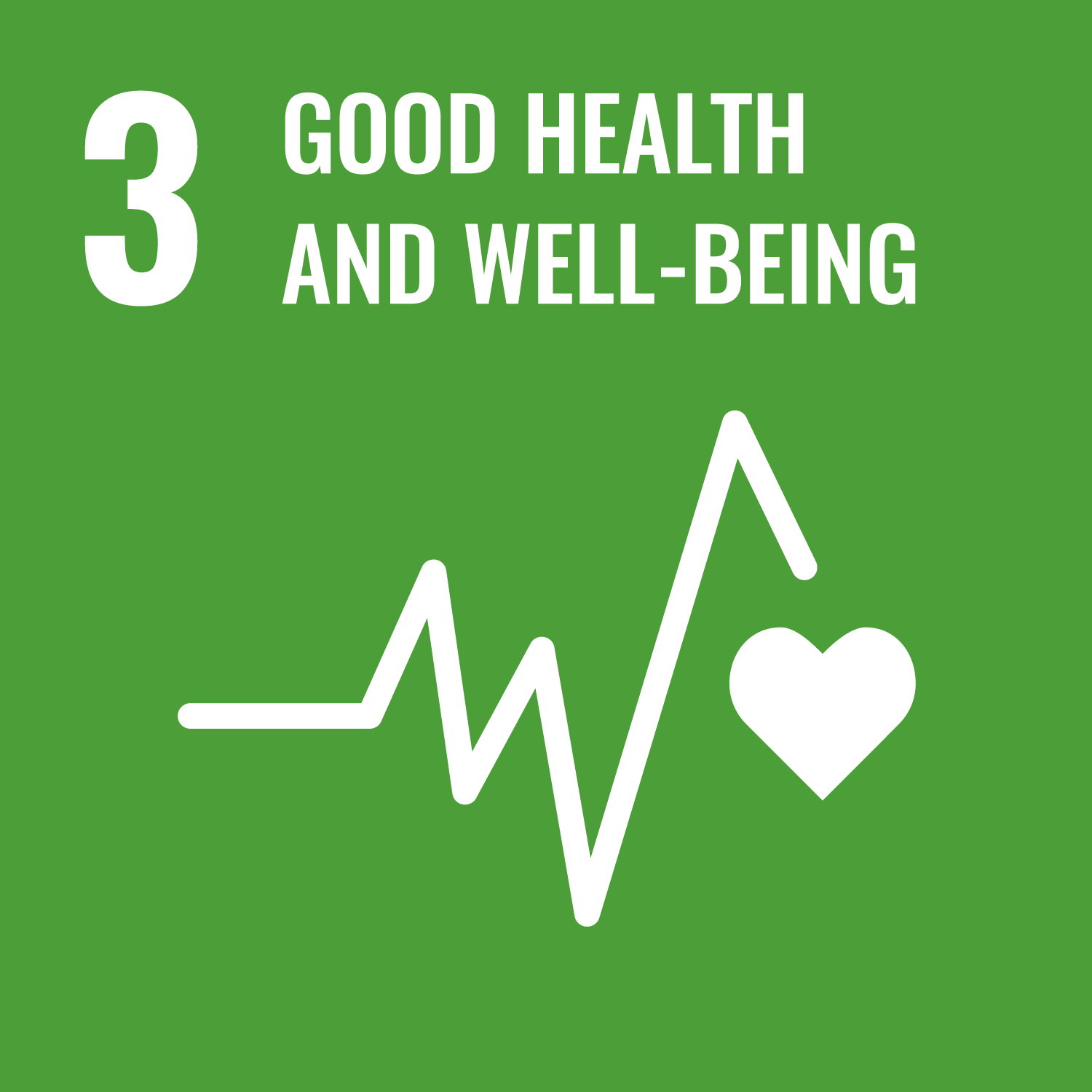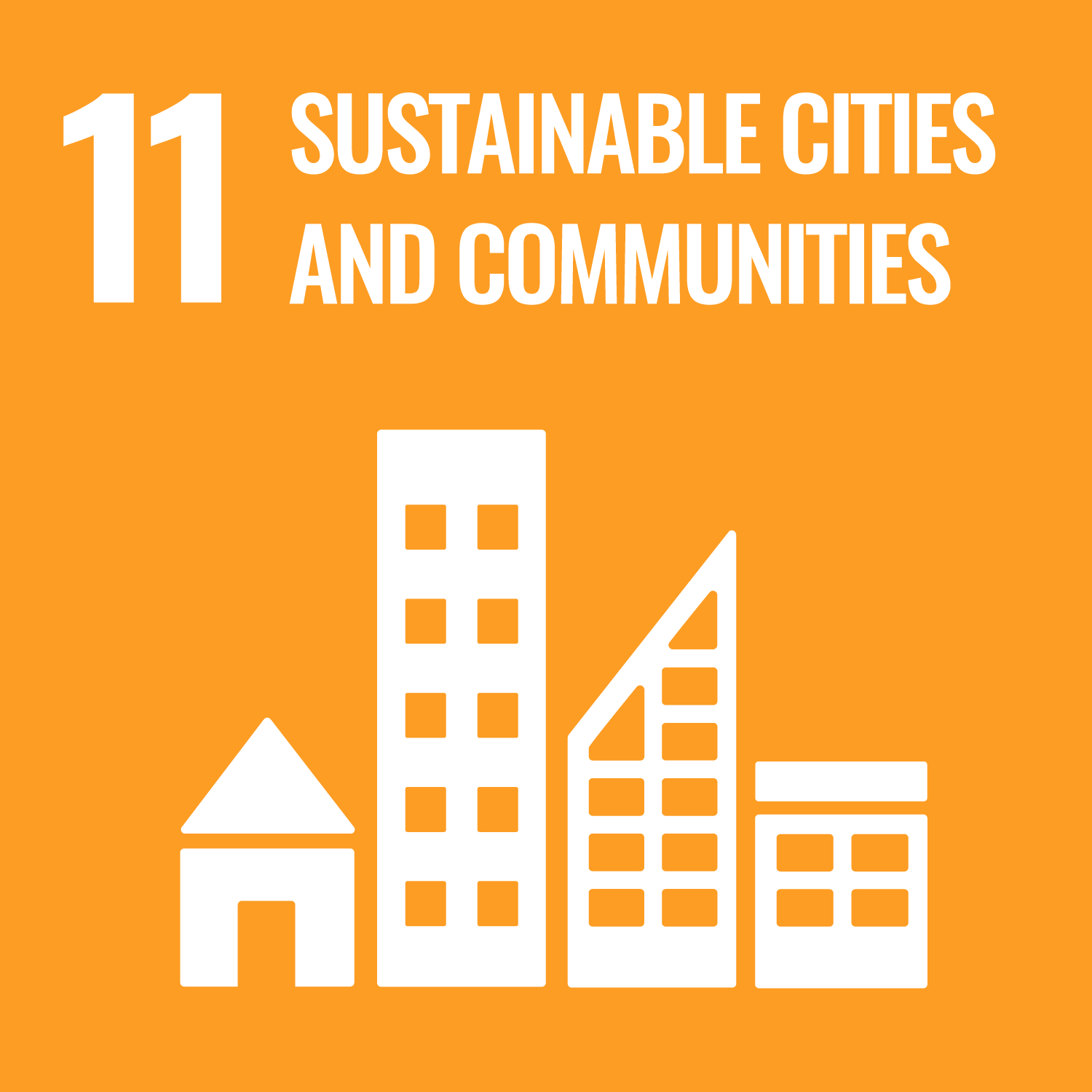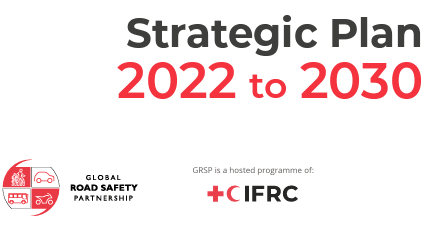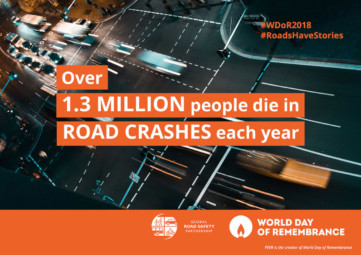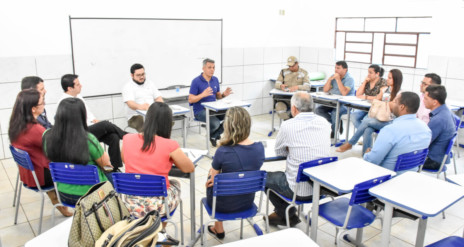The Passion of Partnership in Palmas, Brazil
“In this process, you start believing in results. This is what is motivating: seeing that it is possible. It is not just another project. It is a project with our face, being built by us and which embodies us.” – Road safety Champion Marta Maria Malheiros Alves, epidemological surveillance manager of the city’s Health Secretariat and president of the Vida no Trânsito commission in Palmas, Brazil.
Two Proactive Partnership Strategy (PPS) champions speak about the importance of sound data, the costs of road crashes, the positive possibilities for change and the passion behind the Palmas partnership
Spend a day with the Vida no Trânsito team in Palmas, Brazil and it becomes clear there are many PPS committed elements in this city of 250,000 people in the central western state of Tocantins (North Region).
The two PPS champions work together in coordination the city’s participation in Vida no Trânsito — or Road Safety in 10 Countries, as it’s known outside of Brazil — and the city’s active engagement in the Proactive Partnership Strategy . Though they work in very different city departments — health on the one hand, and transport on the other — Marta Maria Malheiros Alves and Marileide Cipriano de Souza work closely together every day as president and vice president (respectively) of the local commission for the Vida no Trânsito project.
 Marta works as epidemological surveillance manager of the city’s Health Secretariat and Marileide as the head of office of the Safety, Traffic, Transport and Mobility Secretariat. GRSP talked with both these PPS champions recently to learn more about the relationship between partnership and evidence based road safety interventions.
Marta works as epidemological surveillance manager of the city’s Health Secretariat and Marileide as the head of office of the Safety, Traffic, Transport and Mobility Secretariat. GRSP talked with both these PPS champions recently to learn more about the relationship between partnership and evidence based road safety interventions.
GRSP: A big part of the Proactive Partnership Strategy is to collect very reliable data about death and serious injury. Once you have the data and the understanding, what does it allow you to do in terms of getting more people to work with you, in terms of gaining confidence in what you’re doing?
Marileide: Once we have a better understanding of the causes of road trauma, we feel more confident to propose interventions and to search for more partners and resources. This is a big difference in our work. Indeed, we feel much more confident and stronger in terms of seeking new partners and support so that we can work together to make a difference.
In many parts of the world road safety is perceived as either a matter for the traffic or the police departments. People don’t think it as a health issue. What do you think are the attitudes among the people here?
Marta: People here have already started to see road safety as a public health issue. The approach of the Health Ministry is to focus a lot on external causes, meaning violence and general accidents. This gradually shapes perspectives, both of managers and of professionals linked to health.
Health issues get a lot of attention in Brazil and at every moment the media is showing the overcrowded hospitals, the non-performance of surgeries due to the large number of traffic accidents, hospital beds all occupied by traffic crash victims. All of this stirs a commotion in the population. People start to realize that the road-safety crisis is also a matter of public health.
In your opinion, is the PPS approach a sustainable model for addressing road safety in Palmas?
Marta: Certainly. Especially because we’re not dealing with this project as an isolated initiative, which will only happen during a limited period when there is international financial and technical support.
We are incorporating and embedding the PPS methodology, this work process into our daily work practices. Currently, this strategy does not only rely on external resources to be maintained. In fact, in this process, we are all leveraging against each other’s investment.
One of the biggest advantages of the RS-10 collaboration and partnership is the technical qualification and support that comes to Brazil. Before, we didn’t have people who had the knowledge of how to monitor and analyze, of how to do strategic planning. We had the will to do things, but we lacked a good strategy and the technical knowledge.
Why are you so passionate about this? What are you most excited about?
Marta: When you work in a larger, multi-disciplinary team, of which members deal with different problems but at one moment meets to solve a specific problem, is very motivating.
But one of the biggest challenges we have is to overcome disbelief, to believe more. The great challenge of the human being is to believe that things can happen. In this process, you start believing in results. This is what is motivating: seeing that it is possible. It is not just another project. It is a project with our face, being built by us and that embodies us. We have the opportunity to follow our progress, observe our gaps and review what we are doing. This is motivating because you see that you grow professionally and as a person.
